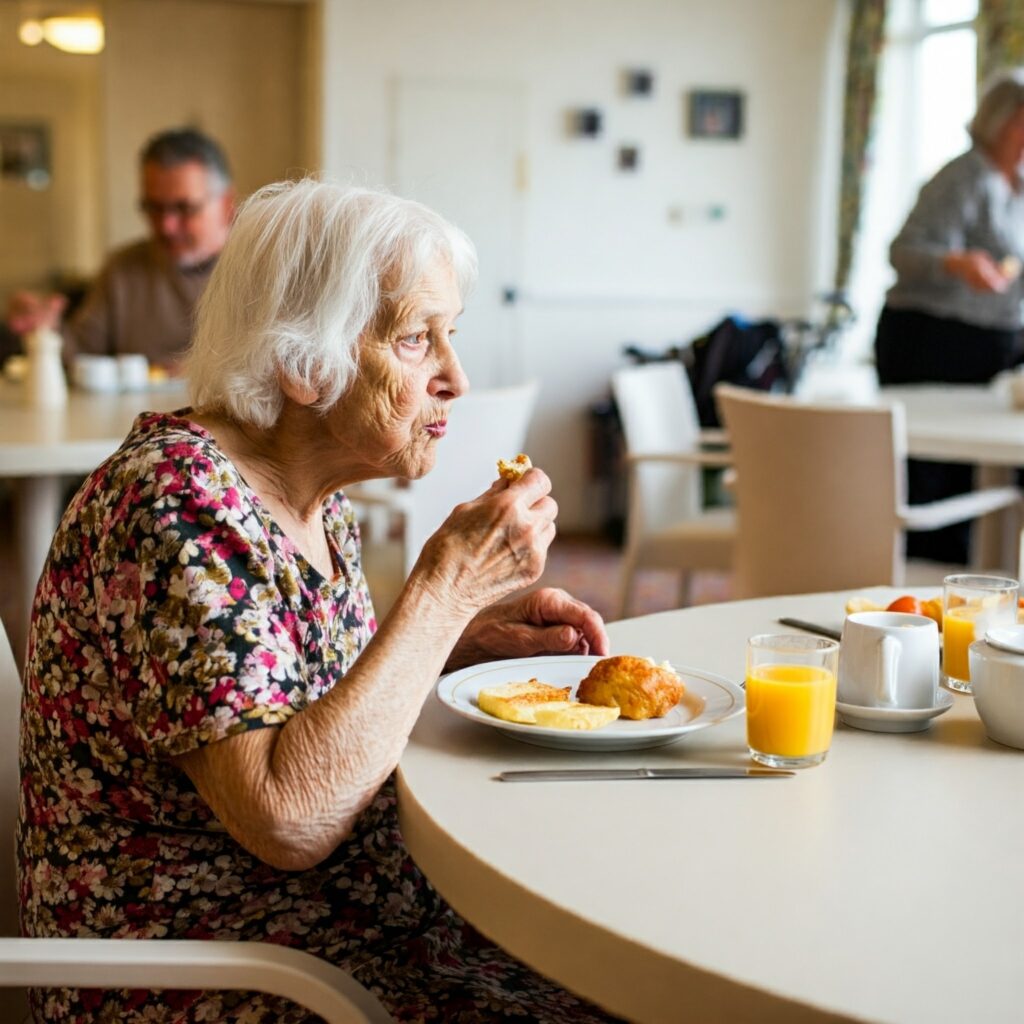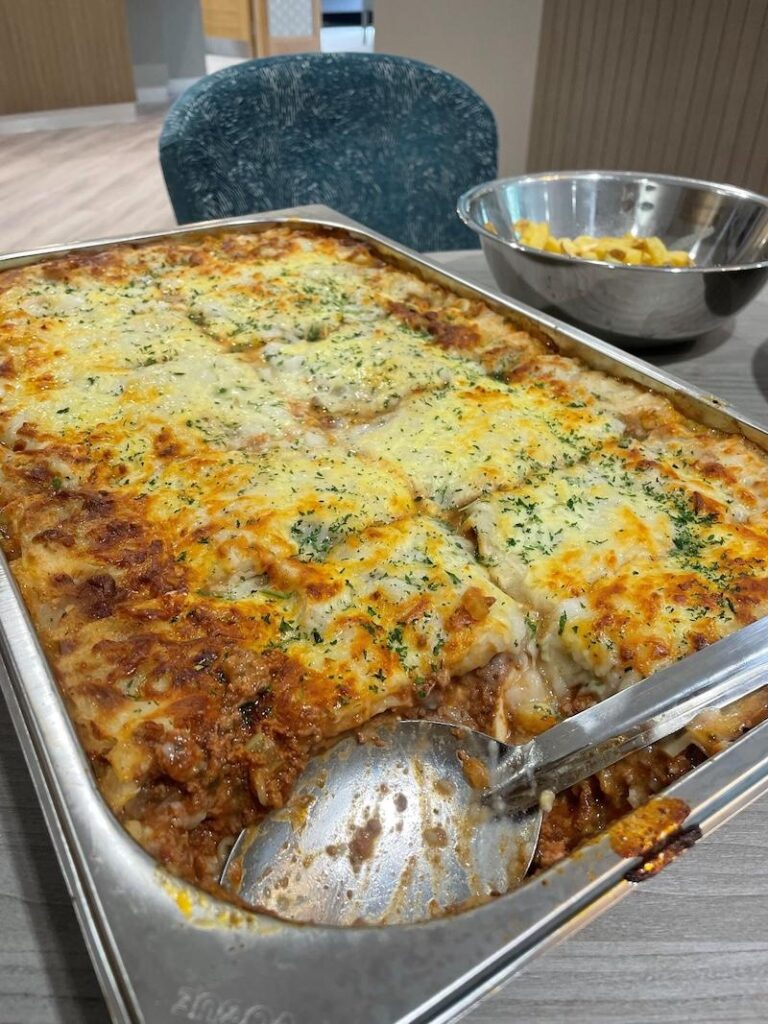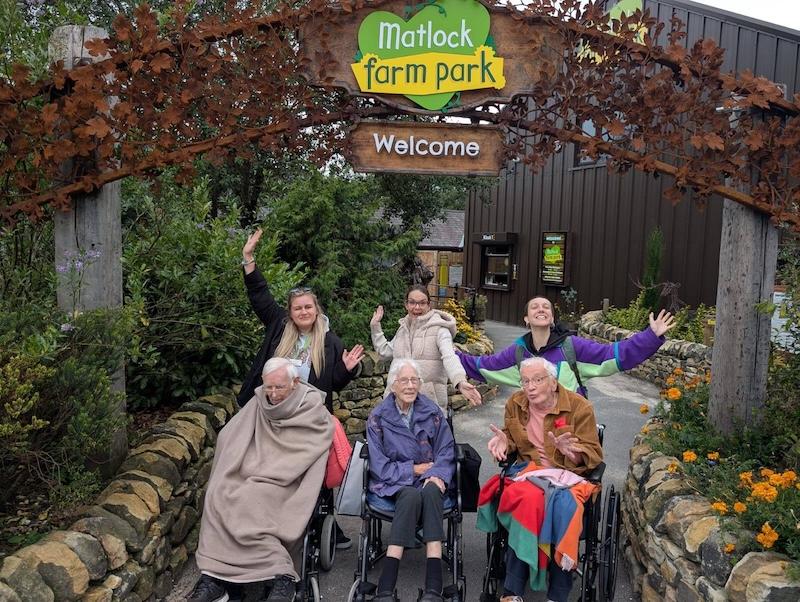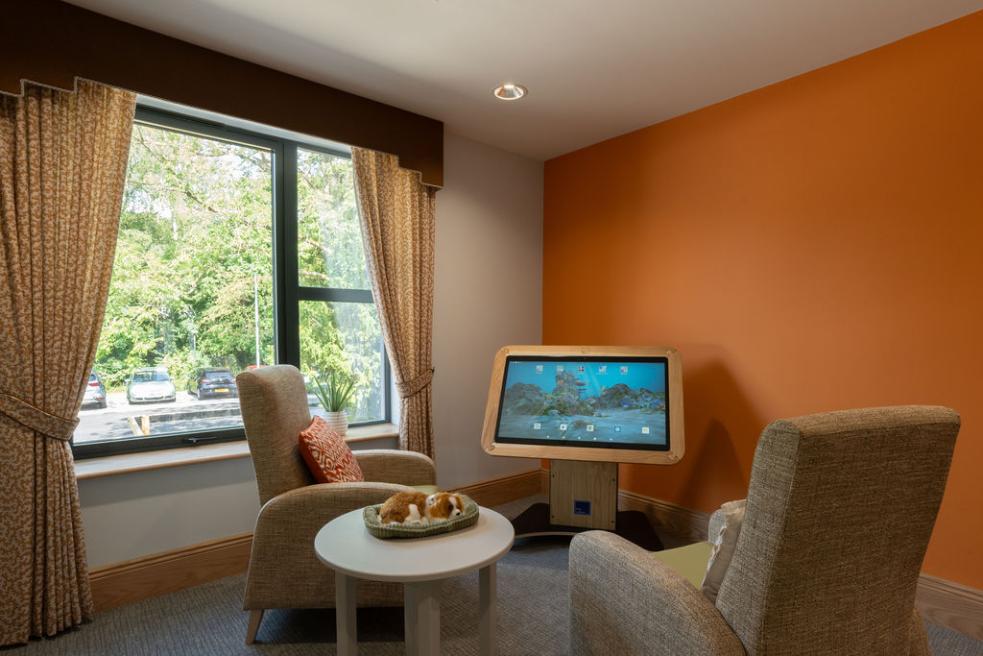Maintaining Nutrition and Hydration in Care Homes in Matlock

Good nutrition and hydration are central to the well-being of older adults. In a care home setting, they play a crucial role in supporting both physical and mental health as they help residents maintain their strength, comfort and independence. As people age, their dietary needs often change and it is important to find an environment that can cater to this. For care homes in Matlock and beyond, this means nutrition and hydration become a fundamental aspect of holistic care. In this blog, we will explore the importance of maintaining nutrition and hydration for older adults and how this directly links to their overall quality of life.
Supporting Residents Through a Balanced and Healthy Diet
As we grow older, we are more likely to experience health challenges such as weakened immunity, decreased muscle mass and high blood pressure. A healthy, balanced diet is essential for addressing these changes. Meals that are rich in protein, healthy fats, wholegrains, fruits and vegetables help provide the vitamins and minerals needed to maintain energy levels and meal satisfaction.
A well-planned diet also assists with digestion, supports wound healing and can reduce the risk of falls due to improved muscle strength. In care homes, kitchen and care staff collaborate to ensure residents receive the right combination of foods to support good health and reduce the risk of malnutrition. This includes adjusting menus to suit individual dietary needs, cultural preferences, or any allergies that may be present.
For some residents, mealtimes also serve an emotional purpose. Sitting down to a familiar dish or eating in a communal setting can help with overall well-being, encouraging social connection and a sense of comfort.

Aligning Dining With Care Plans
Before moving into a care home, staff will work with residents and their loved ones to create personalised care plans that outline their care needs, history, routines and preferences. Part of this will include a food passport with all of their dietary needs, which is a tool to help identify those who may be at risk of poor nutrition or unintended weight loss. Regular reviews allow care teams to adapt meals based on changing needs, whether that involves texture-modified diets for those who have difficulty chewing or fortified foods to support residents with low appetites.
For individuals who struggle with chewing, may feel full quickly or are living with dementia, offering smaller, more frequent meals throughout the day can make a significant difference. Flexibility is key for nutrition and staff should be alert to small changes in residents' behaviour or appetite, which could indicate underlying health concerns.
Offering a variety of different foods, changing the menu seasonally and allowing residents to contribute to meal ideas helps keep mealtimes enjoyable and personalised. This approach not only supports better nutrition but also helps promote a positive relationship with food.
The Vital Role of Hydration
Hydration is just as vital as nutrition, as dehydration can lead to serious health complications, including confusion and an increased risk of hospital admission. Older adults may be less likely to recognise when they are thirsty and those with higher dependency needs or mobility difficulties may struggle to access drinks without support.
Drinks should be available in multiple areas of a care home throughout the day and offered to residents both at and between mealtimes. Common fluid offerings include tea or coffee, fruit juices, water stations or snacks that are naturally high in water content. By offering different options to residents, it keeps the experience enjoyable and allows them to maintain their independence.
Encouraging drinking in a respectful and consistent way helps to maintain fluid balance, regulate temperature and support bodily functions. For those on medications or living with conditions that make fluid retention a concern, hydration plans can be tailored to meet specific medical advice.


Combatting Challenges with Compassion
There are many reasons why an older adult may experience difficulties with staying hydrated and well-nourished, but care home staff are trained to spot the early signs of any issues. Weight changes, reduced appetite, food being left uneaten, or increasing fatigue may all indicate that someone is not receiving enough food or drink. If this did occur, the care staff, kitchen team and healthcare professionals work together to provide timely interventions and ensure the highest degree of support is offered around the clock.
Mitigation examples may include offering nutritional supplements, changing the consistency of meals and drinks, or involving speech and language therapists in developing safe swallowing strategies. Residents can also be supported at mealtimes with adaptive equipment or hand-over-hand assistance, as this allows them to maintain their independence and dignity.
Maintaining a person-centred approach is key. Food and drink choices should always reflect individual preferences and cultural backgrounds, as it helps each resident feel recognised and valued in their daily routine.
The Connection Between Mealtimes and Mental Well-Being
Whilst food is an essential source of nutrients, it also provides enjoyment, identity and reminiscence. Sitting down with like-minded individuals, loved ones or independently and enjoying a well-prepared meal can lift residents' mood, help reduce anxiety and lead to a higher quality of life. This is especially important for those living with dementia because a familiar routine provides structure and can combat feelings of loneliness.
Care teams can encourage a positive connection between dining and well-being by providing comfortable spaces, social opportunities and giving residents the time to eat at their own pace. Food-related activities such as baking classes also play a valuable role in enhancing well-being, as they offer a true sense of achievement and enjoyment.
For those with smaller appetites or who prefer to graze, having light bites available throughout the day can be a gentle, pressure-free way to support their nutritional needs.



Enjoy a Luxury Dining Experience Tailored to You at Darcy House
At Darcy House Care Home in Matlock, our approach to nutrition and hydration is rooted in kindness, dignity and a commitment to exceptional care. Whether you require residential care, nursing care, dementia care or respite care, we ensure you can maintain a positive relationship with mealtimes and enjoy a restaurant-like experience every day.
Our in-house chefs work alongside our care team to create menus that are full of flavour and nutrition, tailored to individual dietary needs and preferences. From seasonal dishes made with locally sourced ingredients to traditional favourites served with a personal touch, food is at the heart of daily life at Darcy House. We also take great care to support residents with specific needs, whether that involves modified textures, hydration monitoring or additional help at meal times.
Mealtimes at Darcy House are relaxed and flexible, giving residents choice and control over where and when they eat. Whether residents are dining in our beautiful restaurant-style spaces, eating al fresco in our private garden, enjoying snacks in the café, or sharing a quiet meal in their private en-suite rooms, every detail is considered.
If you're searching for a care home in Matlock that prioritises both dietary intake and providing the highest quality of care, we warmly invite you to book a tour. We are here to answer any questions you have and provide support every step of the way.






